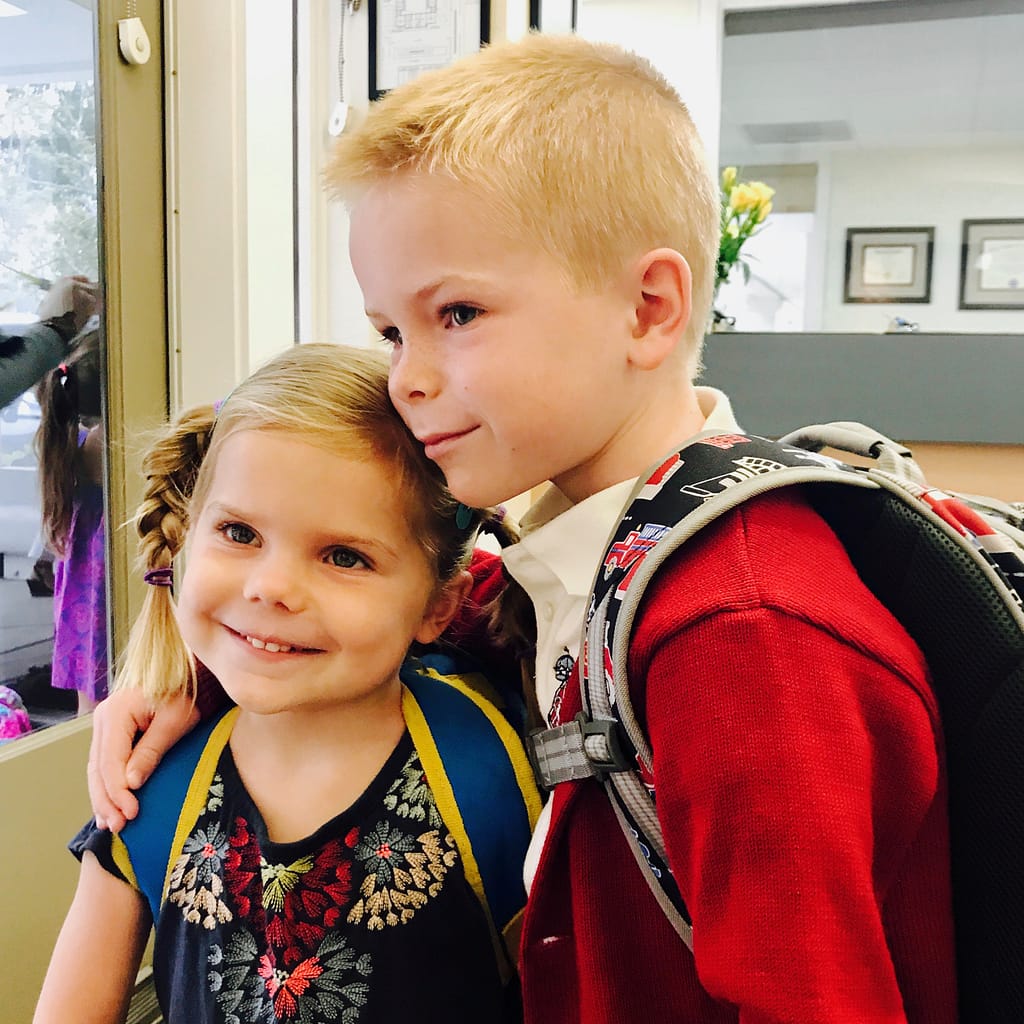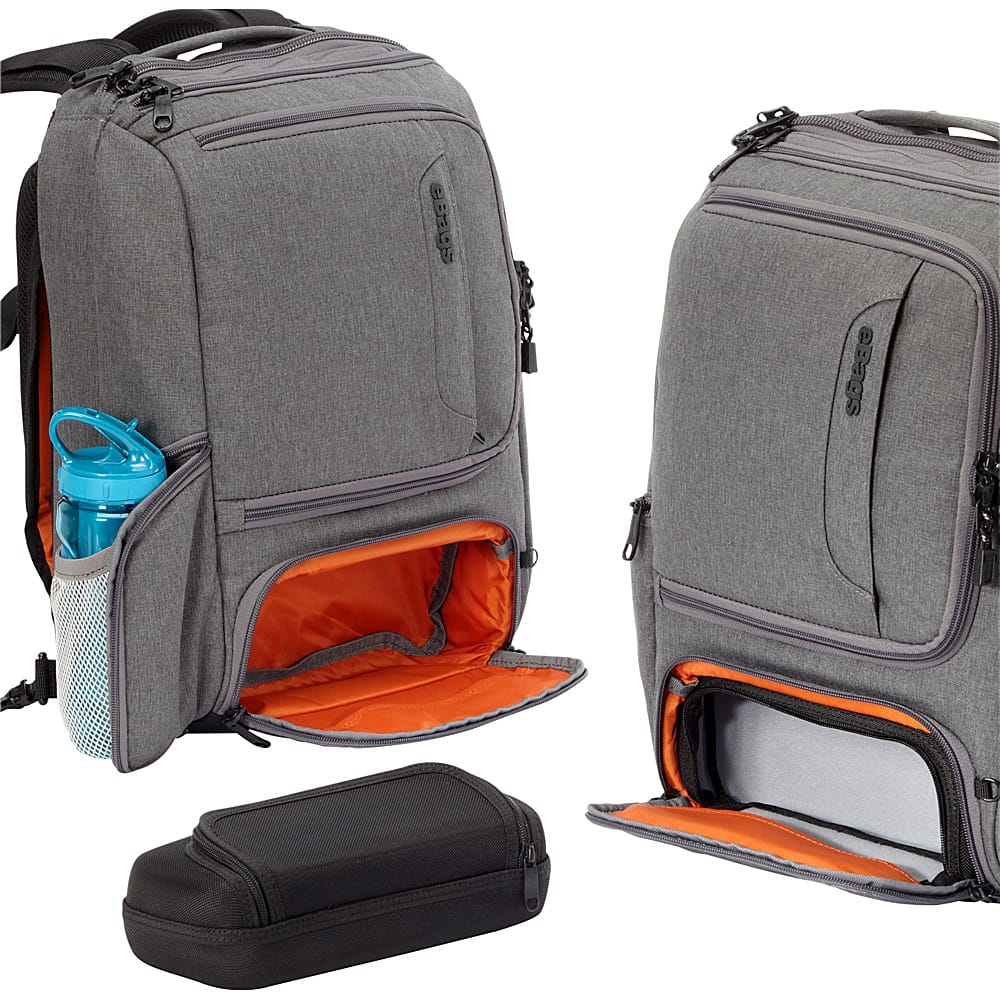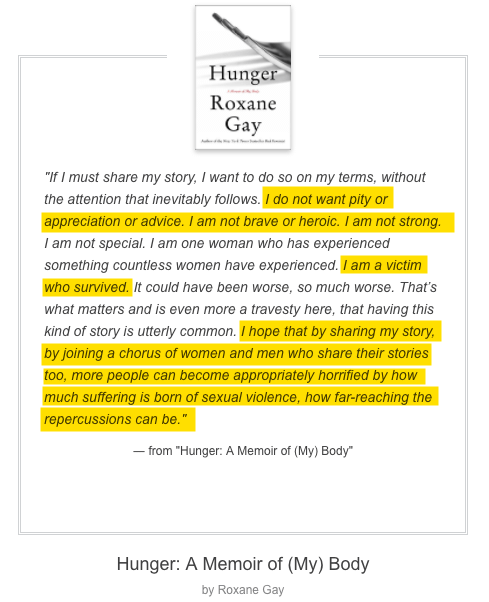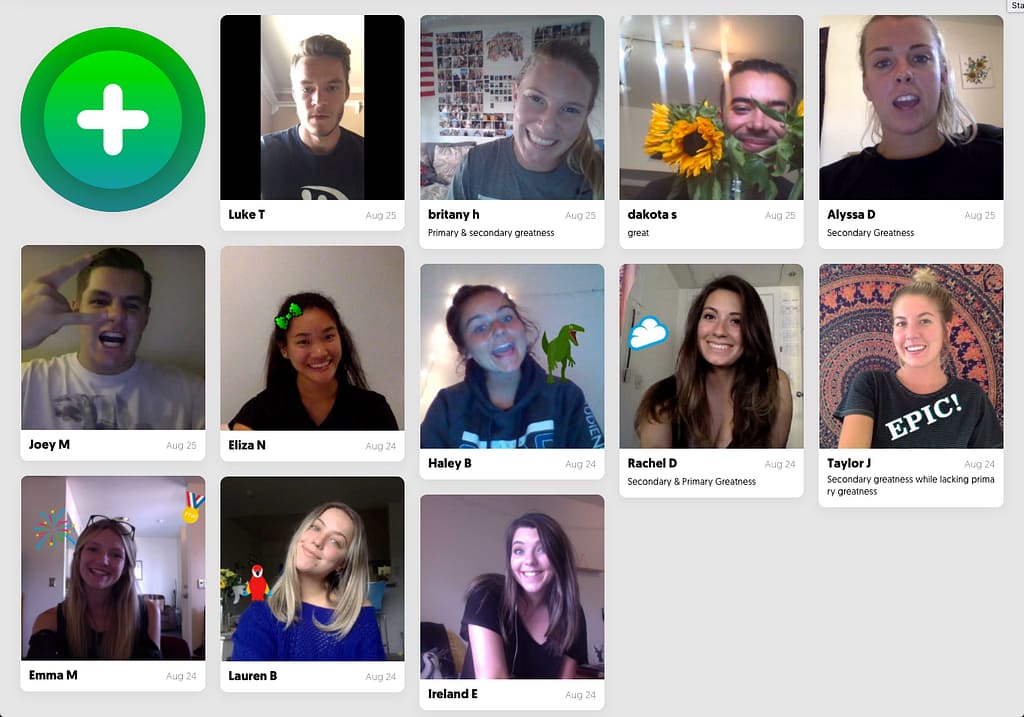 The school year has started times three around here.
The school year has started times three around here.
Our son started kindergarten last week, while I kicked off my semester. This morning, our three year-old excitedly started preschool. We are all celebrating the joys that new learning discoveries entail.
Thanks to all of you who have shared stories and your reactions to the recent episode about course evaluations, as well as your reflections on the episode regarding racial identity.
As you no doubt could tell, those two episodes were hard for me to be vulnerable enough to share. I'm grateful to have taken the required risks, in order to get to hear about your own experiences in such powerful ways.
Five Finds to Help Carry the Load
Below are some finds I have made in the past few weeks. They all have something to do with carrying the load, whether that be literally, or metaphorically.
eBags Professional Slim Junior Laptop Backpack
Over the summer, there were a number of times when I found myself in need of something larger than a purse to carry with me.
Dave started by loaning me his regular backpack, but it became such a pain to unpack and pack it each time, that we both decided another option was in order.
The backpack I chose was made by eBags: the Professional Slim Junior Laptop Backpack. It has a zippered area at the bottom of the backpack to enable you to keep fragile items in it (such as reading glasses), or your power cords (making them easier to access).
It also has a zippered compartment on the side for carrying a water bottle that stows away when you're not using it. This is the most flexible backpack I've ever owned. Even the backpack straps can be tucked away and you can use the top or side handles for carrying it.
Hunger: A Memoir of My Body, by Roxane Gay
As you'll hear in upcoming episodes, Hunger winds up being recommended twice in a row. Cathy Davidson told me after we stopped recording that she read it in record time, which I found to be the case with me, as well.
Cathy O'Neil explained how her recent gastric sleeve surgery has her thinking a lot about weight. She even recently blogged about throwing away her scale.
Gay carries not only the literal load of her hundreds of pounds of body weight. She also travels with the memory of a sexual assault that still profoundly impacts her relationships today. She conveys what she hopes to achieve by breaking her silence, as follows:
If I must share my story, I want to do so on my terms, without the attention that inevitably follows. I do not want pity or appreciation or advice. I am not brave or heroic. I am not strong. I am not special. I am one woman who has experienced something countless women have experienced. I am a victim who survived. It could have been worse, so much worse. That’s what matters and is even more a travesty here, that having this kind of story is utterly common. I hope that by sharing my story, by joining a chorus of women and men who share their stories too, more people can become appropriately horrified by how much suffering is born of sexual violence, how far-reaching the repercussions can be.” – Roxane Gay
FlipGrid
I started using FlipGrid in my class this semester, after getting to experience it from a learner point of view, thanks to Michelle Pacansky-Brock.
My students expressed both fear at expressing themselves via video, like this, but also delight at having such a powerful way to improve their communication skills.
Our first day of class, we talked about what gaps they anticipate will exist when they graduate and start their first full-time job post college. These self-reported weaknesses weigh heavy on their minds, as they experience the fears that come with the forthcoming transition from college to whatever comes next.
One theme that kept emerging of areas where they may not match up with what is expected was regarding communication skills (specifically in a professional environment). After seeing a demo and talking it through, all the students agreed that FlipGrid could help them close some of that perceived gap, in advance.
It goes without saying that it will take much more than FlipGrid to address their needs, but I was glad there was a sense of commitment around developing our communication skills in this way.
Twine (Game-creation) Resources
As some of you already know, I have a family member who now lives in a memory care facility and is suffering from dementia. Another family member (J) is doing whatever she can to not be next on the list.
J mentioned that she wants to try to write a computer game. That's something completely out of her existing skills and knowledge and is something that can help diminish her risk of dementia. I suggested that she listen to Keegan Long-Wheeler talk about game creation on episode 122.
Keegan recently wrote a fabulous post with lots of resources for writing Twine games, including sample games from some of his students. I know he'll get a kick out of knowing that his work is helping bring comfort to someone who is grieving the loss of a ‘normal' relationship with her family member, and who is working to avoid the same fate, herself.
How to convert a Google Doc to RMarkdown and publish on Github pages
I hadn't heard of Northeastern's Storybench website, until someone Tweeted about it last week. If only I could remember who that was, so I could give them a proper h/t – hat tip.
As soon as I saw Storybench's post on How to Convert a Google Doc to RMarkdown and Publish on Github Pages, I wished I could rewind the clock by a couple of weeks and give it a try for this semester. These tools for helping us create online syllabi that are easy to navigate seemed intriguing.
There's a lot to like about keeping a syllabus online, especially when we consider how much easier updates can be down the road. I could get lost in Storybench's tutorials, not to mention their resources for educators.
Your Turn
What finds have you made, lately, that are helping you literally or figuratively carry the load?






Hey Bonni,
Tell J she’s more than welcome to reach out. I’m happy to help her get started and talk about getting into the game/story design process. Game design’s been such a valuable outlet for me is the past so I understand the need to create as a reflective (and healing) activity.
Thanks for linking to that resource. It’s steadily growing as I collect more from people. 🙂
Best,
Keegan
Hi Bonni,
Your children are so adorable! Hope the school year is starting off well at your house. Here’s a thought for your family member who’s looking at creating a computer game to target dementia: It may be helpful to connect with an occupational therapist with expertise in dementia. I can recommend a few OT practitioners with that set of skills if you’re interested, or you can connect through your state’s occupational therapy association.
Dear Stephanie,
I feel lame admitting this, but I had no idea such a person (profession) existed. My family member is in Southern California (San Diego County). I’m thinking maybe it would make sense to search in the state’s occupational therapy association, unless this is something that can be done remotely.
I have so much to learn about the kinds of people and professions that are able to help us in times like this. Thank you for being my teacher in this.
B